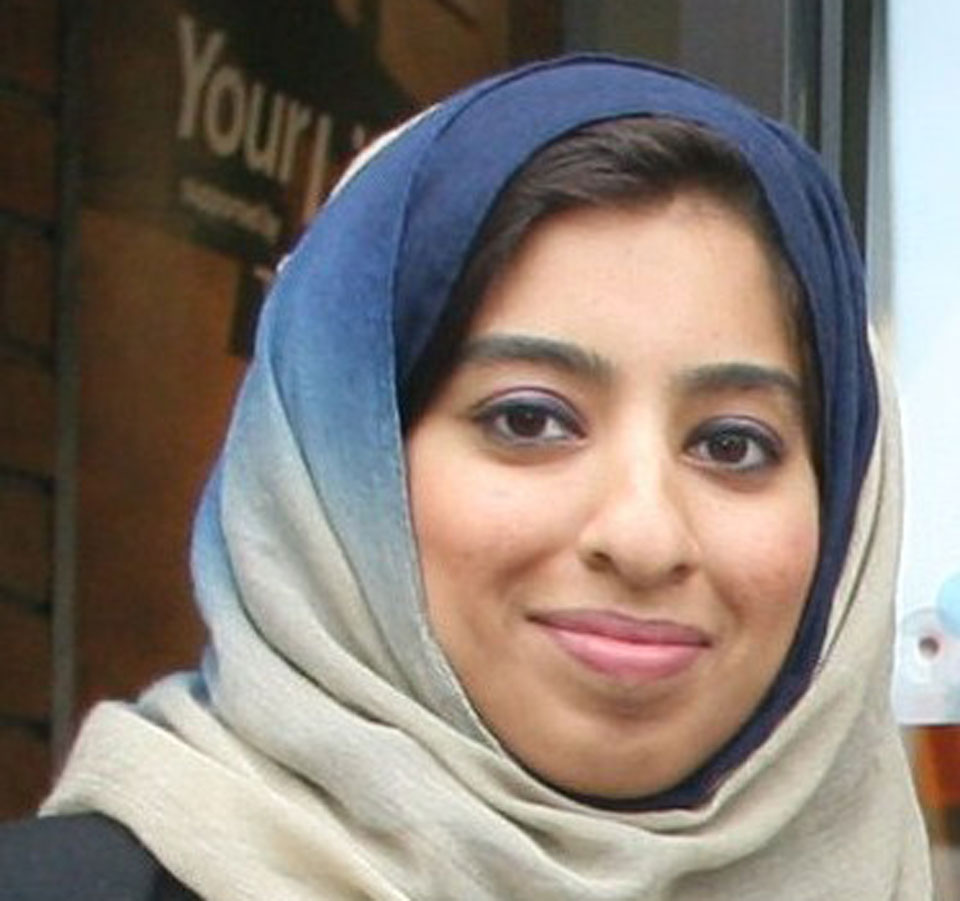- OT
- Life in practice
- Practitioner stories
- “For the first time in many optometrists’ lives, Ramadan will be a very different experience”
“For the first time in many optometrists’ lives, Ramadan will be a very different experience”
Optometrist, founder of Optom Academy and LOC chair, Shamina Asif, tells OT that while COVID-19 has reduced socialising during the Muslim holy month, it has provided enhanced opportunities for self-reflection

30 April 2020
The outbreak of COVID-19 could not have come at a more difficult time than now in the Islamic Calendar. Whilst lockdown is still in place, the month of Ramadan has commenced with Muslims around the world fasting from sunrise to sunset. For those in the UK that means around 16.5 hours without food and drink each day.
Ramadan has a strong community feel; daily iftars (opening of the fasts) are held with family and friends, food is exchanged with neighbours and special prayers are observed during the night at mosques. However, the main principle behind fasting and Ramadan is that it is a time for self-reflection, worship of God through prayers, reading the Quran (holy book) and performing good deeds such as giving to charity.
However, this year for the first time in many optometrists’ lives, Ramadan will be a very different experience due to the lockdown and social distancing rules in place. Fasts will be opened only with those you live with and prayers typically performed at the mosque will have to be done at home. A positive one can draw from this situation is that with lockdowns in place and less distractions from work, there is more time available to focus on spirituality and the essence of Ramadan.
We may have a quiet Eid and Ramadan but looking at the bigger picture, it will all be for the greater good
During the month of Ramadan, donations to charity increases significantly. Muslims donate 2.5% of their savings/wealth each year to those in need. This is usually donated to causes in third world countries. This year, due to the impact of COVID-19 on UK citizens, we expect to see more charity given to local causes. The true essence of charity in Islam is supporting the local community and I have seen some tremendous work taking place around the UK, with donations from mosques and Muslim business owners to provide food for the vulnerable, open kitchens or food banks and hospital NHS staff. Recently, in Birmingham, a mosque has teamed up with a Muslim business to manufacture personal protective equipment (PPE) for Staffordshire NHS, with many mosques around the UK now following suit.

Islamic leaders have issued guidelines specifically for frontline health workers during the COVID-19 crisis. Those working on COVID-19 wards with full PPE are exempt from fasting this year to ensure they can fully carry out their roles safely without the challenge of fasts. Secondly, Muslim frontline workers that had originally booked annual leave for the month of Ramadan are advised to consider cancelling their leave, in order to help ease the burden for colleagues on the front line from reduced staff numbers.
The current situation has reinforced how Islam is a religion of ease and that unusual circumstances mean that what would be considered normal practice can be adapted. With such unprecedented times, as Muslim optometrists during the holy month of Ramadan, we can provide emergency eye care for our patients, help in community projects donating to support COVID-19 projects, and observe social distancing. The importance of helping fellow human beings and protecting the community through social distancing takes precedence over extra religious activities. We may have a quiet Eid and Ramadan but looking at the bigger picture, it will all be for the greater good.
My Ramadan: Shamina Asif
My night prayers are all done at home rather than at the mosque. I am experimenting a lot with cooking, trying to make everything from scratch and trying new dishes as I have plenty of time to do this. However, I am trying to keep it healthy. Opening of fasts are only happening with immediate family members, we are not inviting guests around for Iftars and we are not attending any dinners. Normally we would spend a whole day cooking to make food packs for neighbours and distribute in the community, but we won't be doing this in 2020.
Finally, it means we are spending more time as a family. We have more time for reading the Quran (Holy Book) and self-reflection. In terms of charity, this year I have donated to those families that have been directly affected by the COVID-19 outbreak. This year Ramadan is unique. Where I have lost out socially, I have gained from one-to-one time to improve on a spiritual level.


Comments (0)
You must be logged in to join the discussion. Log in